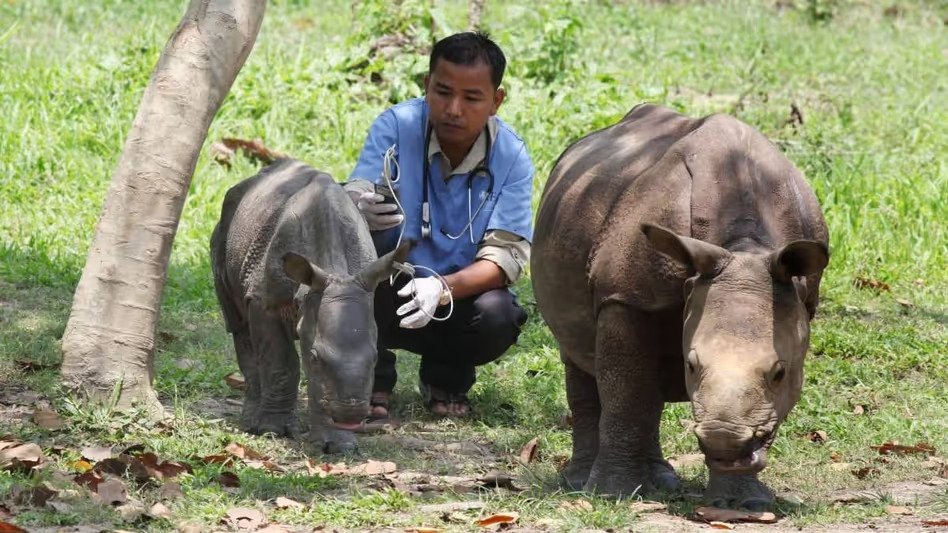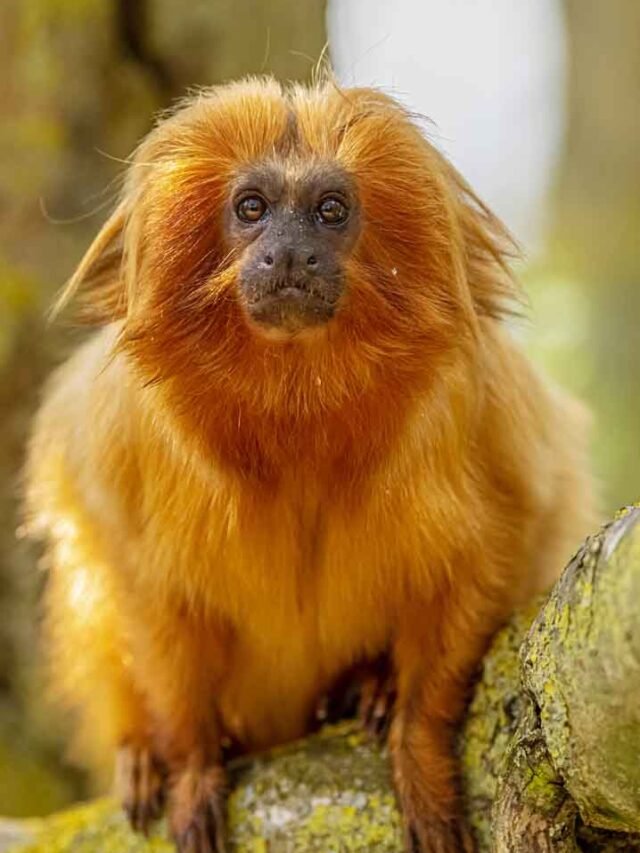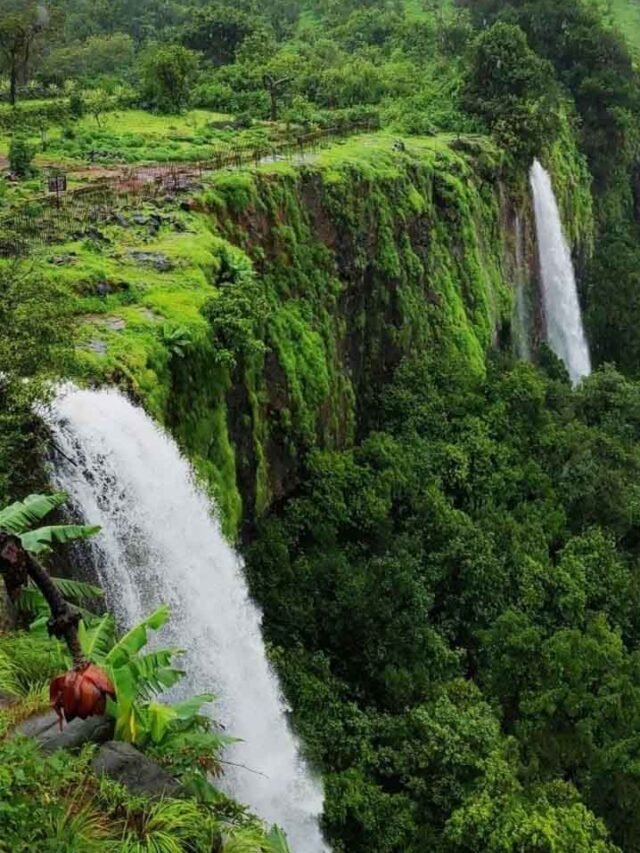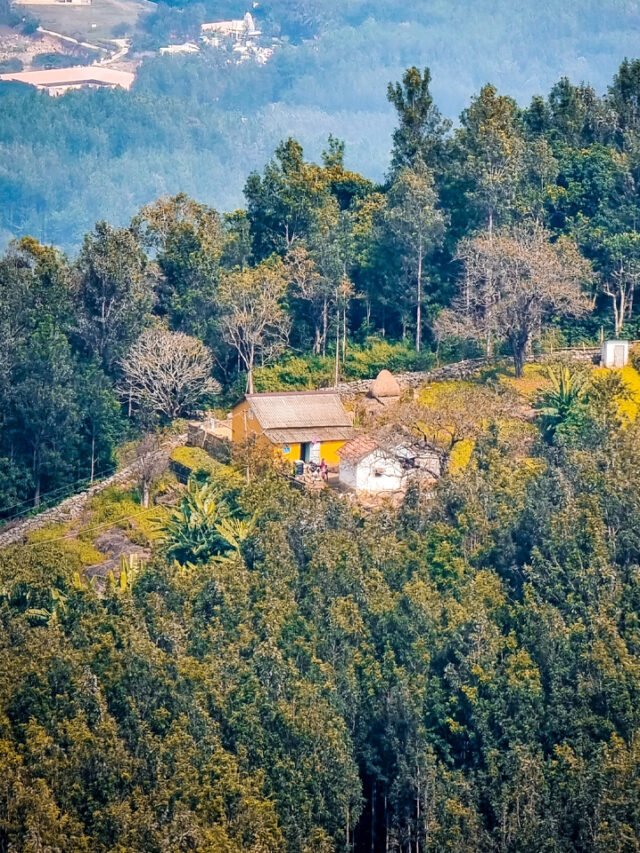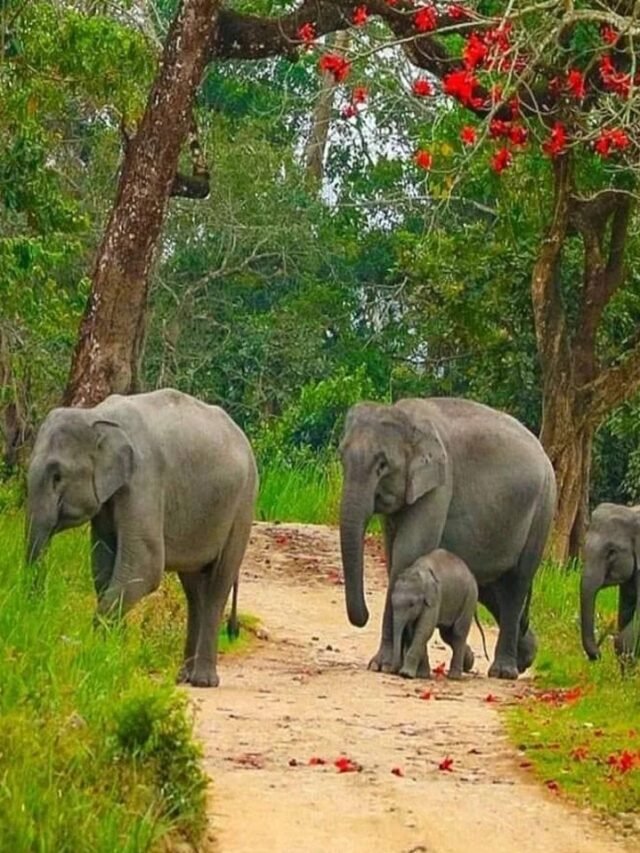HT Digital
ITANAGAR, MAY 13: The Wildlife Trust of India’s (WTI) Centre for Bear Rehabilitation and Conservation (CBRC), located in Arunachal Pradesh’s Pakke Tiger Reserve, is currently caring for five rescued Asiatic black bear cubs. These young bears, found orphaned across different parts of the state, are now undergoing specialized rehabilitation with the hope of being reintroduced into the wild.
The rescue efforts are part of a collaborative initiative involving the WTI, the Arunachal Pradesh Environment and Forest Department, and the International Fund for Animal Welfare (IFAW), according to The Arunachal Times.
The first two cubs—both female—were rescued on May 2 from Sitang village, where they were spotted near an agricultural field. Believed to be orphans due to suspected poaching of their mother, the cubs were initially sheltered at a mini-zoo-cum-rescue center in Roing by the Mehao Wildlife Sanctuary team. On May 8, they were officially handed over to the CBRC during a formal ceremony led by DFO Mito Rumi and RFO Dr. Kabuk Lego.
Just days later, officials received reports of three more bear cubs in Tawang district. One male cub was found in Sherbang village, while two female cubs were located in separate villages within the Dudunghar circle. Villagers first spotted them on April 17 while collecting firewood. They had previously seen the cubs with their mother, who later disappeared. In the interim, kind-hearted locals cared for the young bears until forest officials were able to step in.
The three cubs were brought to the Lumla range and then officially transferred to the CBRC on May 11 in the presence of Tawang DFO, RFO, and CBRC head Dr. Panjit Basumatary.
There remains hope that the mother of the three Tawang cubs may still be alive in the nearby forest areas.
All five rescued cubs are now receiving expert veterinary care, nutrition, and gradual acclimatization to prepare them for life in the wild. “With the arrival of five new cubs, we’re increasing our efforts in nursing, rehabilitation, and scouting acclimatization sites,” said WTI ecologist Dr. Subhasish Arandhara. He also mentioned that the CBRC is closely monitoring two other cubs that were successfully released in March.
Pakke Tiger Reserve DFO Satyaprakash Singh expressed his gratitude for the community’s support and compassion. “These rescues highlight the importance of public awareness and collective responsibility in wildlife conservation,” he said. Dr. Basumatary explained that in the wild, bear cubs rely on their mothers for up to two years to learn survival skills. At CBRC, this natural process is carefully replicated through hand-raising, gradual weaning,



